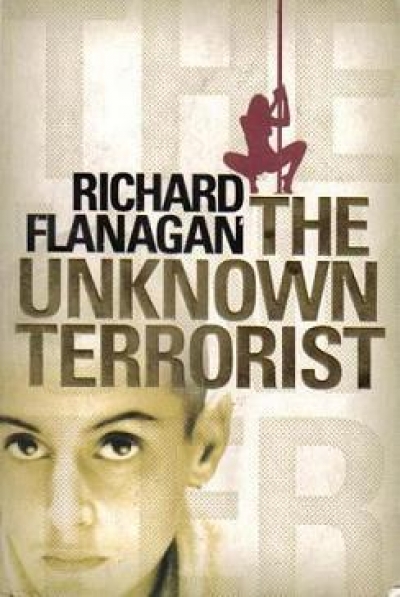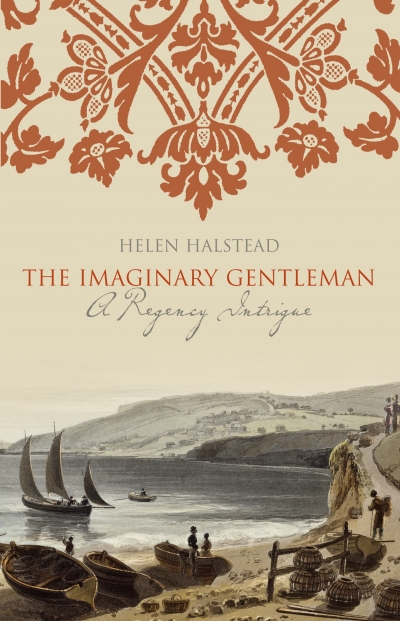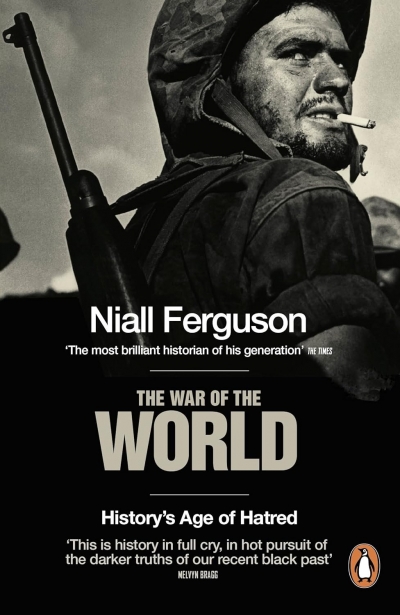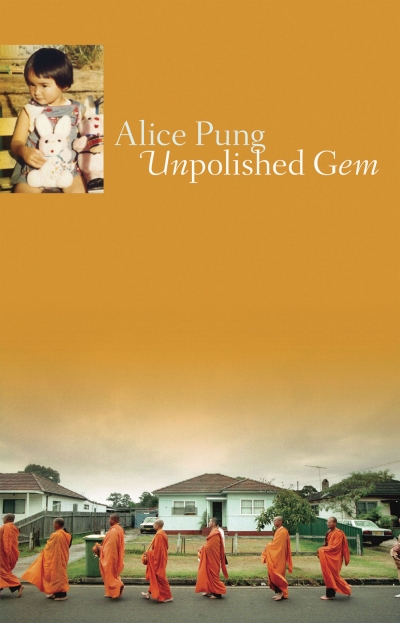Archive
Blessings and praise
to the dark entanglement of caught branches
I continue to see,
after years of crossing the causeway,
as a black swan
holding her place in the current, her head
held resolute and serene,
her cygnets the shadows that advance and recede
in the eddies she makes going nowhere.
... (read more)The body’s peasant workers – hands –
daily toil in the fields of light.
They never question our wishes.
They can fail, but not misunderstand.
They are our strangeness that we are blind to.
At night they lie like maimed spiders
or star fish swept to shore. They know
about love as much as mouths and eyes.
Throughout the day, they give the mouth ... (read more)
daily toil in the fields of light.
They never question our wishes.
They can fail, but not misunderstand.
They are our strangeness that we are blind to.
At night they lie like maimed spiders
or star fish swept to shore. They know
about love as much as mouths and eyes.
Throughout the day, they give the mouth ... (read more)
The Gospel According To Luke by Emily Maguire & Rosie Little’s Cautionary Tales For Girls by Danielle Wood
by Louise Swinn •
The War of the World: History’s age of hatred by Niall Ferguson
by Geoffrey Blainey •
Breadfruit by Célestine Hitiura Vaite & Frangipani by Célestine Hitiura Vaite
by Kylie Stevenson •
The latest batch of Australian picture books contains many good, solid stories, competently told – but definitely nothing out of the ordinary. However, picture books do not necessarily have to deal with new subjects, use complex illustrative techniques or contain gimmicks to be something special. Some of the best picture books are those which simply celebrate the ordinary.
... (read more)






